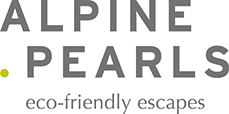The ancient German-Cimbri ancestors called the locality Kan Kohligen, meaning 'the place of the carbonare', that is, the place where the charcoal is produced.
Coal production is an activity that has made the most distant history of the fractional center, later joined by another activity, that of the Müestar, that is, the artisans who produce work tools and wooden objects for household and alpine use. .
Charcoal and wooden tools have not been made in Carbonare for a long time.
The locality has rather developed its own tourist and accommodation vocation.
Worth noting, in the area, are the presence of some interesting thematic itineraries such as the Water Path (along the Astico stream) and the Great War 1 and Great War 2 routes, traced through woods, streams and pastures as evidence of the first great world conflict that here he left various testimonies, such as the former Al Bosco military cemetery and, in a deep and suggestive natural ravine, the Command of Virti.












